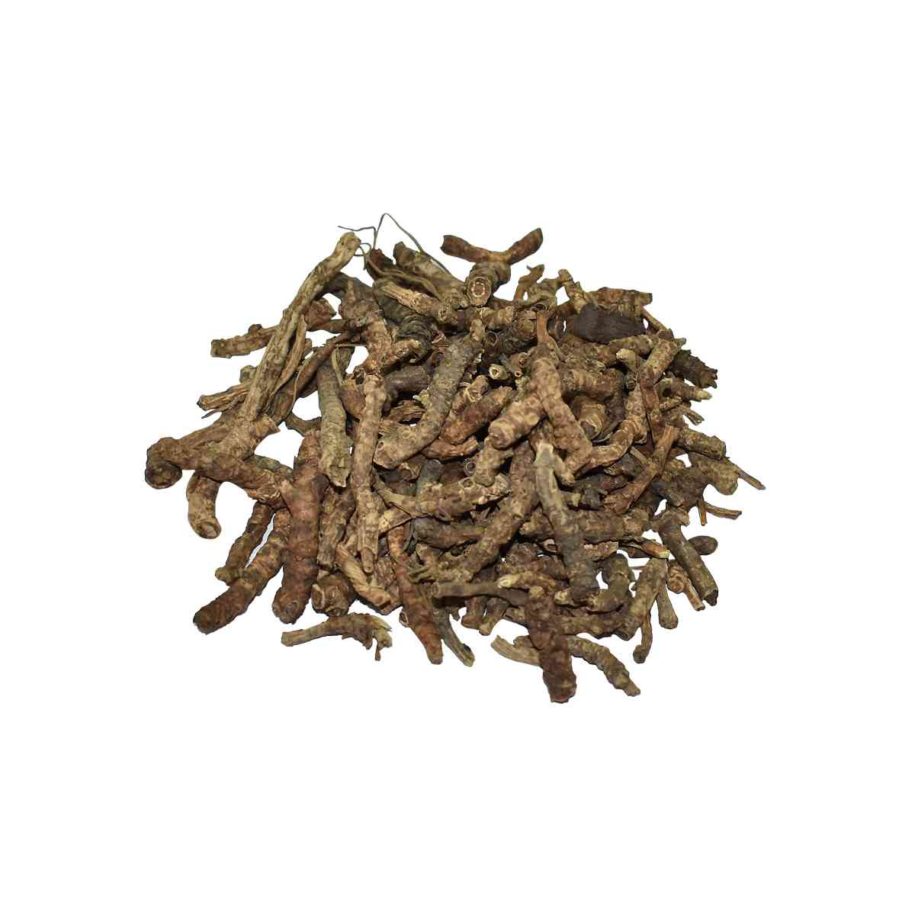Best uses Benifit of Aswagandha-great Nepali herbs to use in Life
Ashwagandha and its great benefit in Life
Ashwagandha is an evergreen shrub that grows in India, the For hundreds of years, people have used the roots and orange-red fruit of ashwagandha for medicinal purposes. The herb is also known as Indian ginseng or winter cherry.The name “ashwagandha” describes the smell of its root, meaning “like a horse.” By definition, ashwa means horse.
It is also beneficial forcertaincancers,Alzheimer’ disease, and anxiety. AshwagandhaAshwagandha is an important herb in Ayurvedic medicine. This is also taken as an one of the world’s oldest medical systems.This medicine is considered as a Rasayana. This means that it helps maintain youth, both mentally and physically.There is some evidencto suggest that the herb can have neuroprotective and anti-inflammatory effects. Inflammation underpins many health conditions, and reducing inflammation can protect the body against a variety of conditions.evidencto suggest that the herb can have neuroprotective and anti-inflammatory effects. Inflammation underpins many health conditions, and reducing inflammation can protect the body against a variety of conditions.This herb is gaining popularity in the West. Today, people can buy ashwagandha as a supplement in the United States.Health Benefits of Ashwagandha
Practitioners use this herb as a general tonic to boost energy and reduce stress and anxiety.
It Can Reduce Blood Sugar LevelsIt Has Anti-Cancer PropertiesIt Can Reduce Cortisol LevelsIt May Lower Cholesterol and TriglyceridesIt May Help Reduce Stress and AnxietyIt May Reduce Symptoms of DepressionIt Can Boost Testosterone and Increase Fertility in MenIt May Increase Muscle Mass and StrengthIt May Reduce InflammationIt May Improve Brain Function, Including MemoryIncreases Fertility in MenAids in Muscle GrowthHelps with Erectile DysfunctionStimulates the Thyroid GlandBoosts ImmunityIncreases Blood ProductionPrevents SeizuresReduces Ocular DiseasesAnti-inflammatory Properties Heart healtSide Effects of Using AshwagandhaA risk for Pregnant Women: Pregnant women are advised to avoid consumption of this herb as it possesses abortifacient properties.Risk of Medical Interactions: Doctors advise caution because it can interact with regular medications, especially for those who are suffering from diseases like diabetes, hypertension, anxiety, depression, and insomnia.Other: Avoid consumption in large amounts as this may have side effects such as diarrhea, upset stomach, and nausea.DosageThe root is available in the market in powdered, dried, or fresh root form. 1-2 tsp or 5-6 gram of the powder is recommended when you consume it for general well being. You can also take Ashwagandha for anxiety relief. However, when you take the herb for treating any specific disease you should consult a medical professional such as an Ayurvedic doctor for the dosage.Ashwagandha tea: You can make the tea by boiling the powder in water for 10 minutes. Don’t use more than a teaspoon in one cup of water.You could also consume organic Ashwagandha root powder, along with a glass of hot milk before going to sleep.Scientific studies have suggested that ashwagandha might be beneficial for a number of conditions.How to take ashwagandhaThe dosage of ashwagandha and the way people use it depends on the condition they are hoping to treat. There is no standard dosage based on modern clinical trials.Different studies have used different dosages. Some researchTrusted Source suggests that taking 250–600 mg per day can reduce stress. Other studies have used much higher dosages.Capsule dosages often contain between 250 and 1,500 mg of ashwagandha. The herb comes in the form of a capsule, powder, and liquid extract.In some cases, taking high doses can cause unpleasant side effects. It is best to speak with a healthcare professional about safety and dosage before taking ashwagandha.


